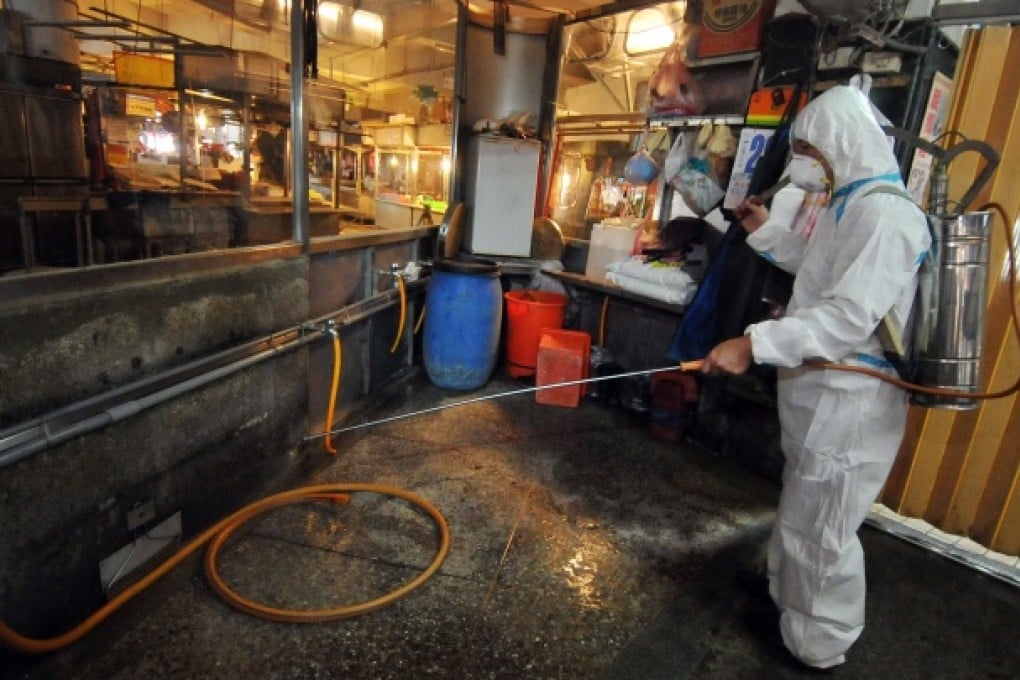Opinion | Time to ban import of live poultry as H7N9 continues to spread
Albert Cheng says the government must act, given the expert warnings about the virulence of H7N9 virus, and no sign that infections are abating

One of Karl Marx's most famous quotes is that history repeats itself, first as tragedy, then as farce.
Ten years ago, Hong Kong was badly hit by severe acute respiratory syndrome because our government had a low sense of crisis and didn't know how to take preventive measures. It was oblivious to the fact that residents in Guangzhou had begun rushing to buy vinegar and Chinese medicine to fend off a mysterious form of pneumonia that was sweeping Guangdong province.
Our government ignored the warning signs and the Sars virus crossed the border and spread in our community in no time, causing hundreds of deaths. The city's economy also took a bashing and hit rock-bottom.
Today, we are faced with a similarly explosive situation. Shanghai has been hit by what researchers now say is one of the most virulent flu viruses.
More cases of H7N9 infections are surfacing almost daily: 127 people are confirmed to have been infected, resulting in 24 deaths. Among those affected, some 40 per cent appear to have had no contact with birds. This raises the possibility of the virus being transmitted between humans.
Is that now the case? A mainland infectious-disease expert stated in an overseas medical journal that if two genome sequences of the virus have shifted at the same time, the virus will become more infectious. She hasn't ruled out that human-to-human transmission has already occurred. Unfortunately, she has tried to tone down her statement due to political pressure.

